Graham Reid | | 2 min read
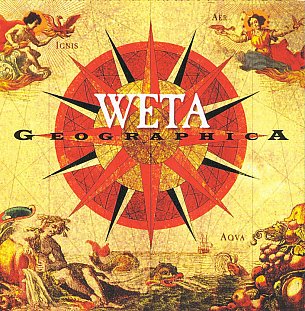
He was just 45 when his big heart, which had pumped a remarkable career and touched so many, gave out.
Often Tokona (Ngāi Te Rangi, Ngāti Maniapoto) seemed a musician-without-portfolio, taking his prodigious vocal and guitar talents wherever they were needed, or fancy took him.
Spooling back: He played psychedelic soul-funk as AHoriBuzz; appeared with Fly My Pretties; unleashed hard rock with Cairo Knife Fight alongside drummer/multi-instrumentalist Nick Gaffaney, appeared on others' albums . . .
Tokona came to national attention in the mid 90s with Weta and their early association with Shihad: Weta's Got the Ju appeared on the flipside of Shihad's Yr Head is a Rock single, Shihad drummer Tom Larkin producing their EP Natural Compression in 98 (released in Australia the following year).
In 2000 Weta won Most Promising Group at the New Zealand Music Awards but by then were living in Melbourne.
It was there Weta – Tokona, his bassist brother Clinton, guitarist/singer Gabriel Atkinson and drummer Clinton den Heyer – recorded their album Geographica.
Produced by Britain's Steve James, with financial input from Warner Australia and weeks of pre-production, Geographica was immediately recognised as an exceptionally accomplished, diverse rock album with the sonic polish to tip it into mainstream acceptance.
“[James] stripped a lot of the songs down to the bare bones and then we kind of dressed them up from the start again,” Tokona told NZ Musician. “Some of them turned out in a way we didn’t expect … it was all for the good.”
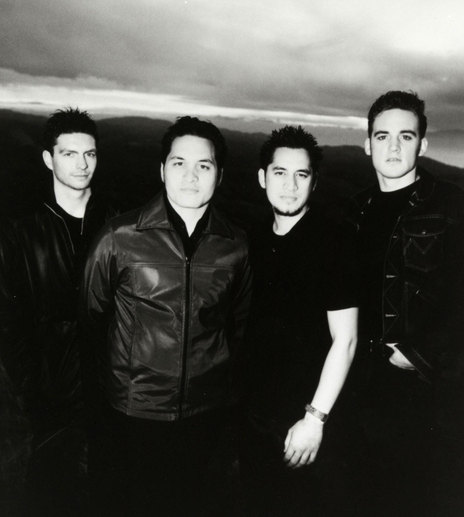 Unfortunately though, that was it for Weta.
Unfortunately though, that was it for Weta.
Tokona, diagnosed with bipolar disorder, called it quits after their first show opening on Shihad's General Electric Tour and left music for almost eight years.
However Geographica remained a landmark and early last year the group, Tokona included, came together for a 20thanniversary remastered reissue of the album, which Tokona would not live to see.
Reissues often feed nostalgia for albums which, in this world of digital platforms, haven't actually gone away.
But Geographica transcends sentiment by being a timeless rock album standing alongside Shihad's finest, and now sounding even more fresh.
There's fury and fire (den Heyer's desperate Let It Go; “I'm looking in from the outside, but there's no turning back”) but they also knew the value of understatement and how to progress a song's dynamic, as in Calling On which builds relentlessly to the claustrophobic “like I'm suffocating”.
Or the brittle, urgently taut Snapshot with its dub-influenced central passage.
They weren't always in a hurry either: Witness the lengthy intro on If I Will I Can creating anticipation before hitting its pace, and the measured, chiming pop of Atkinson's Sleep.
Aaron Tokona left a large footprint and, knowing why Weta broke up, we can see he often poured personal anxiety into his lyrics: “The grass is never that green, don't wanna think of the future” on Hole.
Rock can be a bruising game, but Weta left nothing on the paddock with Geographica.
.
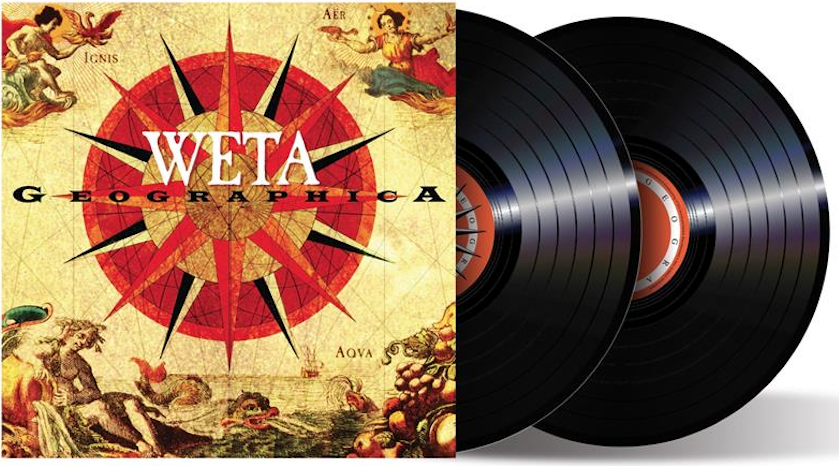 Weta's 20thanniversary reissue of Geographica is available as a limited edition, double vinyl version with a lyric sheet and tributes from Tokona's bandmates.
Weta's 20thanniversary reissue of Geographica is available as a limited edition, double vinyl version with a lyric sheet and tributes from Tokona's bandmates.
And in expanded CD and digital editions with live material and extra songs from the Calling On single.
.
You can hear the expanded Geographica edition on Spotify here

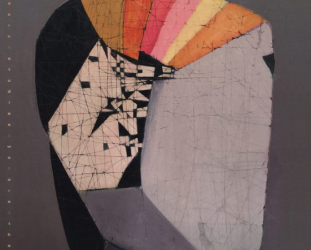

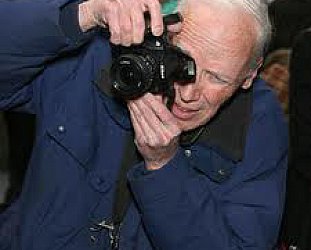
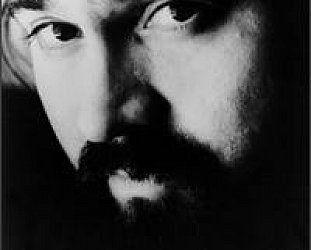
post a comment